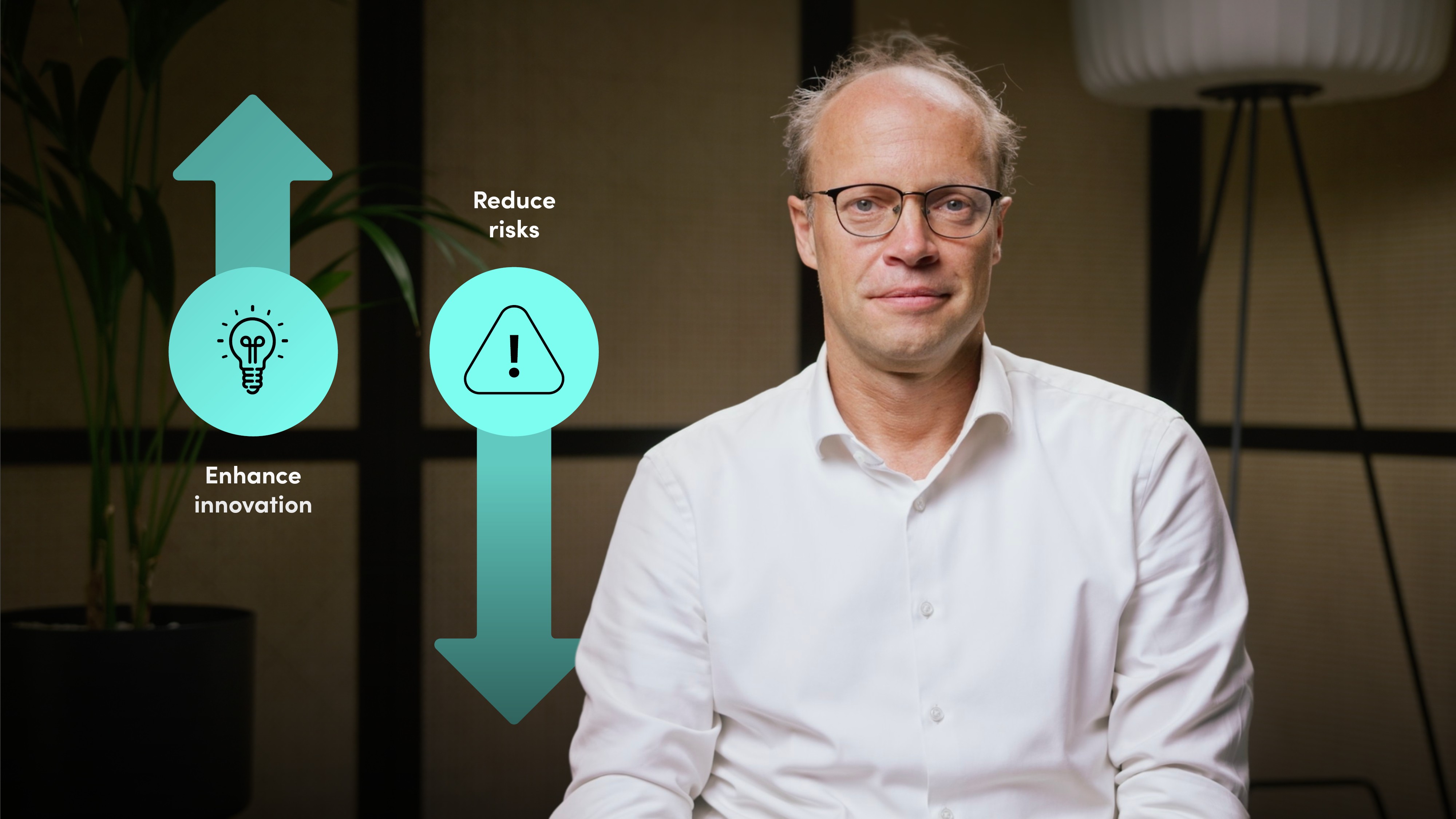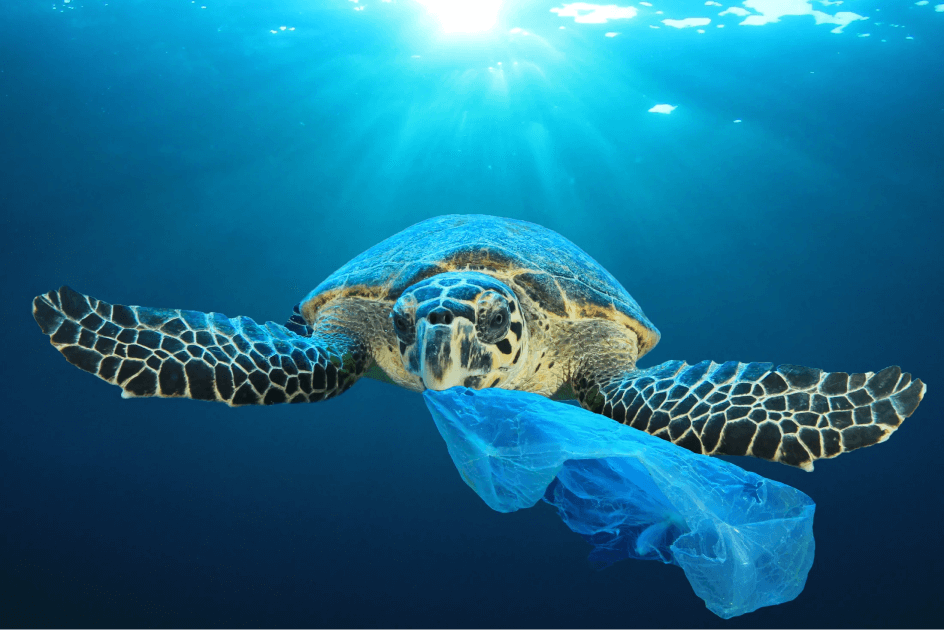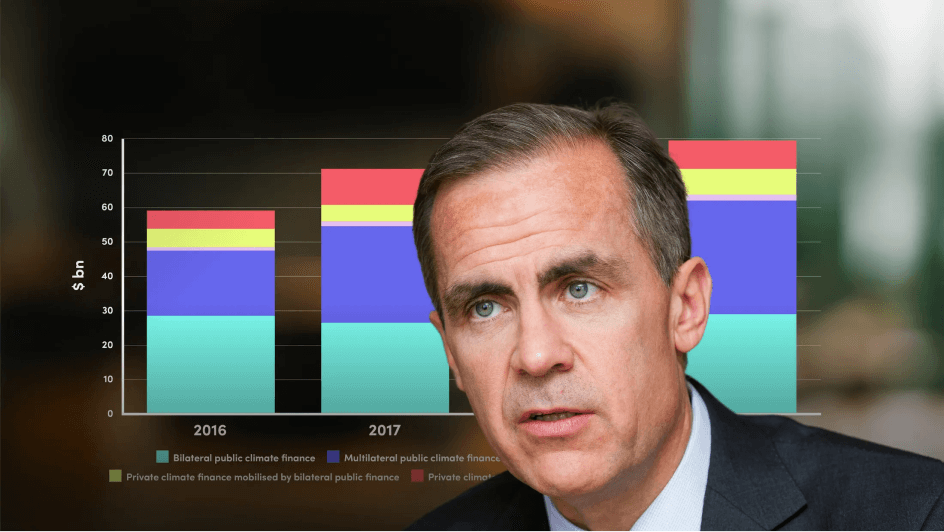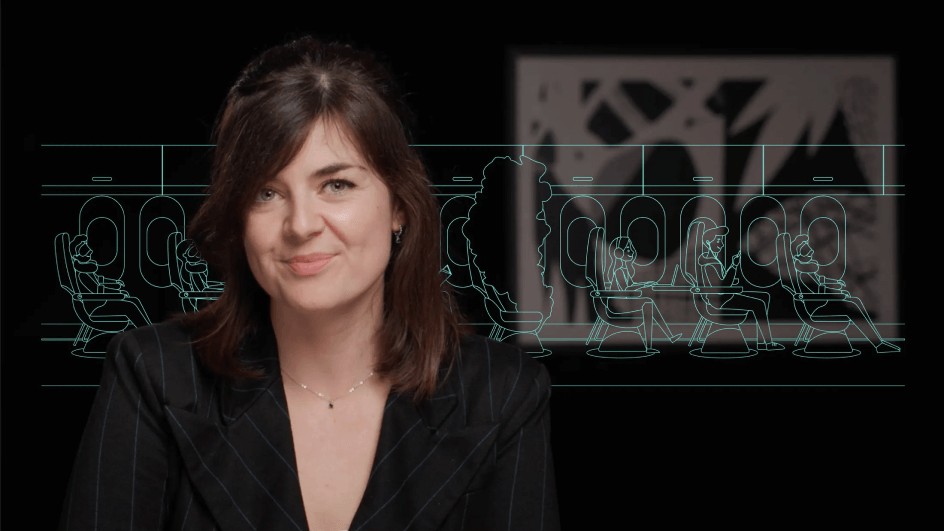
Building Trust With an Authentic Voice

Klaus Kunz
20 years: Head of ESG Strategy
What makes you listen to somebody? What catches your interest? What do you perceive as convincing? Join Klaus Kunz and he explores how to communicate authentically and build trust.
What makes you listen to somebody? What catches your interest? What do you perceive as convincing? Join Klaus Kunz and he explores how to communicate authentically and build trust.

Building Trust With an Authentic Voice
7 mins 54 secs
Key learning objectives:
Identify the 3 recommendations for a good conversation
Outline the benefits for each recommendation
Understand the importance of trust internally and externally
Overview:
When communicating authentically to build bridges you should acknowledge your imperfections, show appreciation for different opinions and demonstrate willingness to change. By doing this you can build trust externally with consumers and internally with employees. 81% of consumers said that trust was a deciding factor in purchasing decisions and employees report 73% less stress in high trust companies.

Klaus Kunz
There are no available Videos from "Klaus Kunz"





















